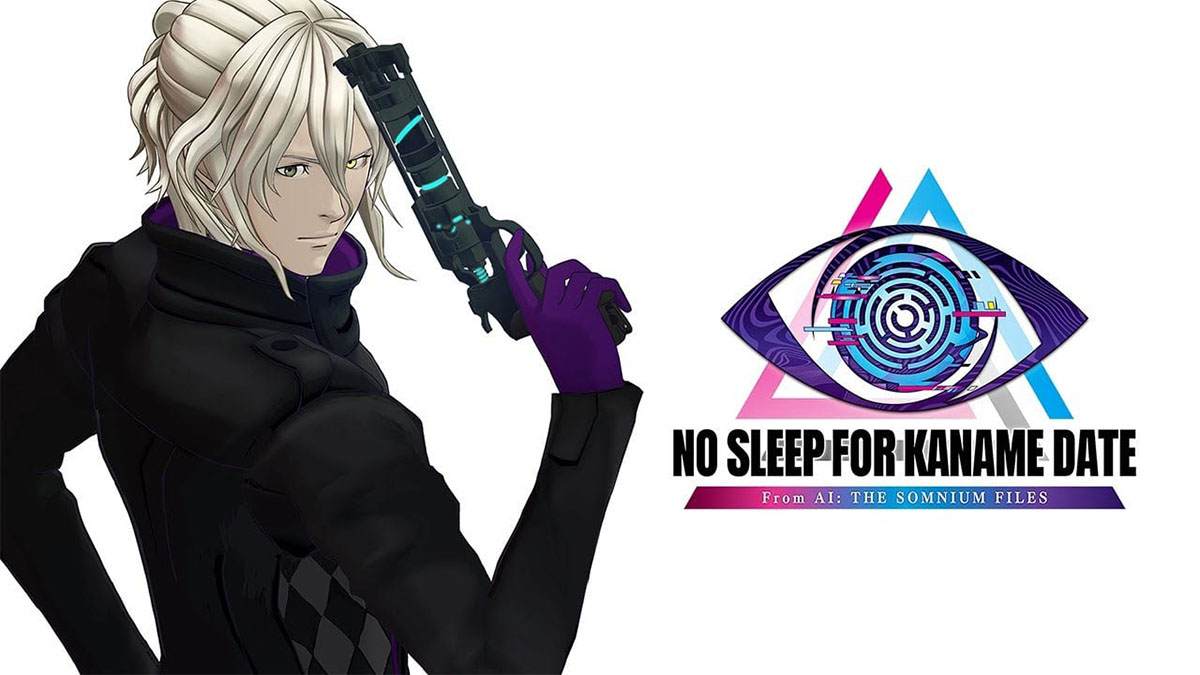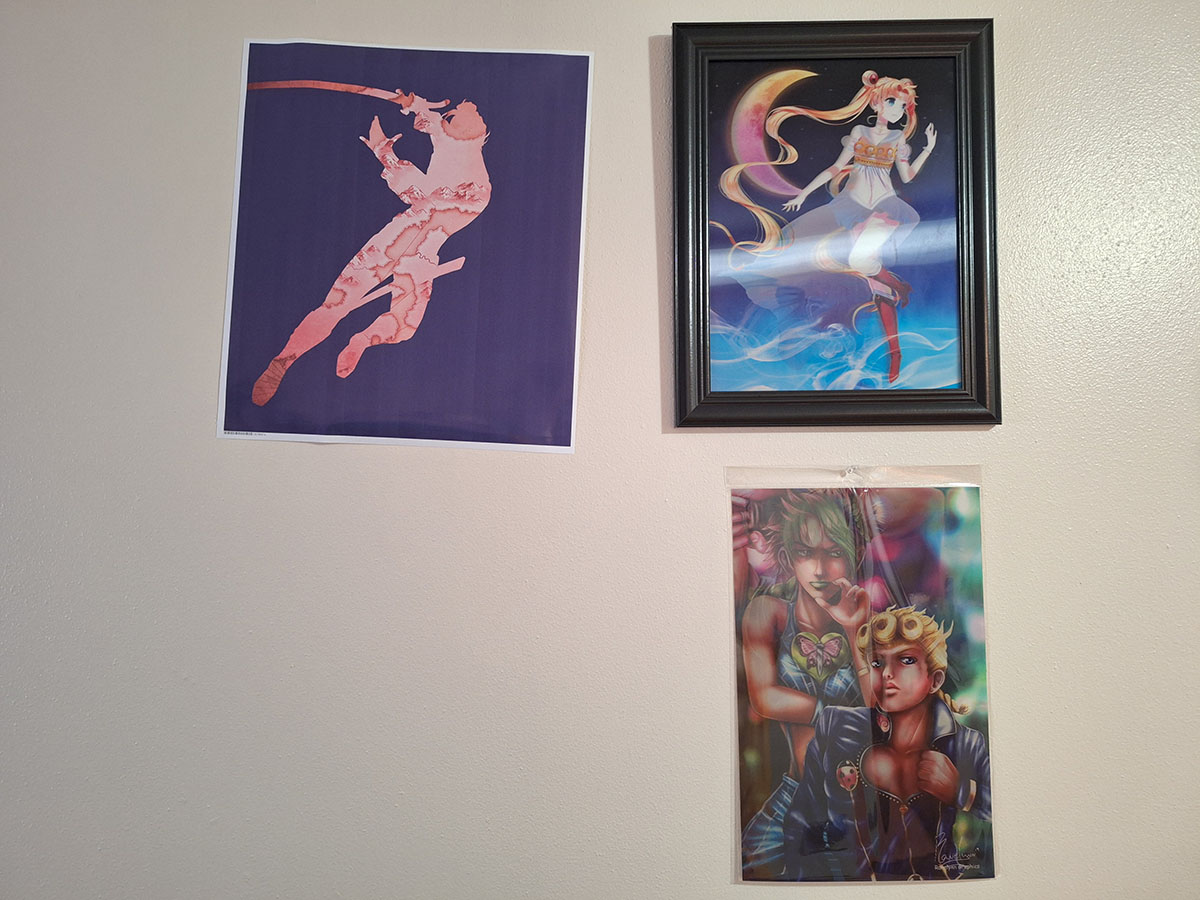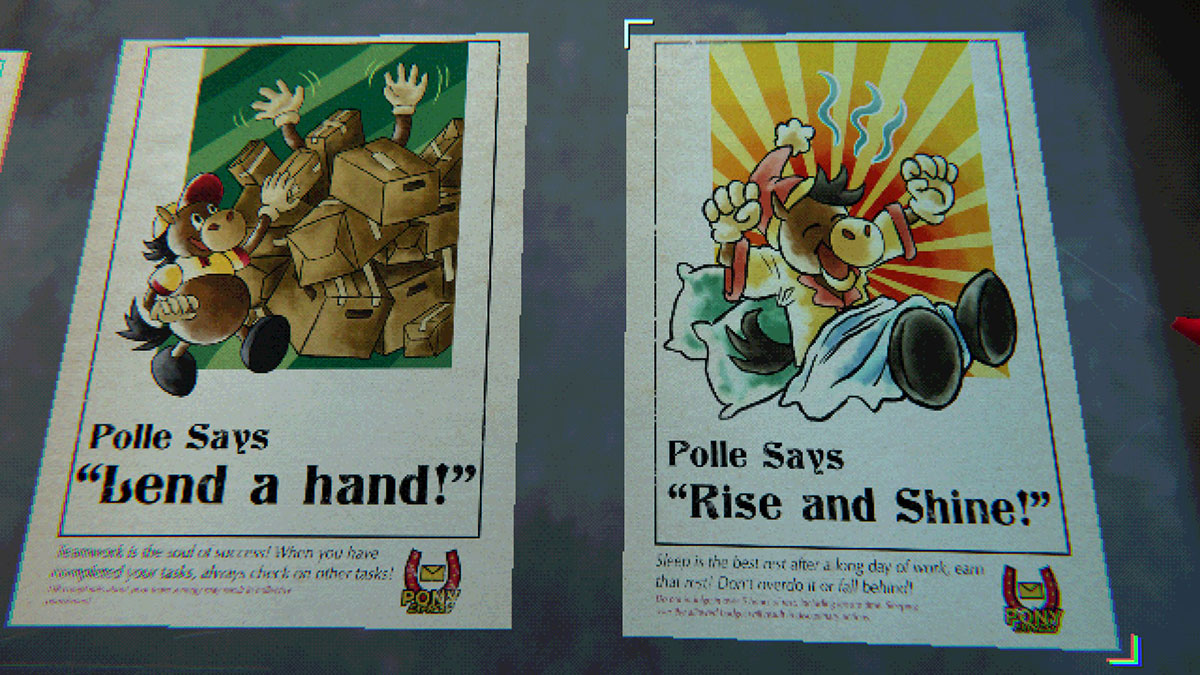In the landscape of contemporary indie films, A24 has reigned supreme for more than a decade. Its brand has become shorthand for a particular breed of stylish, cerebral cinema where dread simmers under pastel lighting and trauma is often the main character.
But in 2024, another player has been steadily rewriting the rules.
NEON, the distributor behind recent critical darlings like “Anora,” “Titane” and “Parasite,” is emerging as the new voice of independent film — and, frankly, the voice we need more of.
A24’s dominance wasn’t unearned. The studio shepherded a generation of filmmakers into the cultural conversation: Ari Aster, the Safdie brothers, Robert Eggers and Greta Gerwig. It took big swings on odd stories and proved there was a mainstream appetite for experimental work — a real feat in a Marvel-saturated market.
Lately, however, the A24 formula has started to feel just that — formulaic. Where it once challenged viewers, it often comforts them under a veil of “weirdness.” The edge has dulled.
NEON, by contrast, feels volatile in the best way. Its curation isn’t about aesthetic coherence or Instagrammable film stills. It’s about disruption. The company launched in 2017 and made its presence known by backing “I, Tonya,” a film that weaponized camp and chaos with precision.
Since then, it has distributed Palme d’Or winners like “Titane” (2021) and “Parasite” (2019), the latter of which became the first non-English-language film to win “Best Picture” at the Oscars.
Unlike A24, which tends to keep its projects safely within the American indie ecosystem, NEON moves globally and provocatively.
“Anora,” directed by Sean Baker and distributed by NEON, premiered at Cannes Film Festival this year to rave reviews, instantly positioning itself as one of the most anticipated indie releases of 2025.
The raw, intimate and profoundly character-driven film channels the humanism of ‘70s American cinema while retaining a distinctly modern bite.
It’s also emblematic of NEON’s strategy: low-budget films that don’t just look indie but feel – indie unpredictable, unmarketable and emotionally alive.
This difference matters. Branding has become more influential than narrative in a media environment saturated with content. A24 films can feel like lifestyle objects, curated for the same audience that shops at Urban Outfitters and listens to Phoebe Bridgers.
NEON’s offerings are messier, and mess is vital to the indie spirit. Where A24 often aestheticizes pain, NEON confronts it. Its catalog contains morally complicated characters, abrupt tonal shifts and narratives that resist tidy arcs. NEON doesn’t give its audience space to disengage.
Even on a business level, NEON’s strategy is refreshing. While A24 has begun diversifying into television and music, moves that suggest a drift toward media conglomerate status, NEON remains fiercely focused on film.
Its acquisitions are precise, often risk-heavy and unapologetically international. This year alone, the company picked up distribution rights for “Robot Dreams,” an animated Spanish film about loneliness, and “The Substance,” a gory feminist horror piece starring Demi Moore.
It’s not trying to cultivate a “type” of filmgoer. It’s betting on curiosity over brand loyalty.
That risk-taking ethos is what independent cinema needs right now. As studios like Netflix and Amazon continue to swallow the mid-budget space, independent distributors must carve their identities not by appealing to algorithms, but by trusting their audience to follow challenging work.
NEON understands this better than anyone. Its films don’t always go viral or make money, but they are fiercely original. In an age where art is increasingly filtered through TikTok reaction clips, originality is resistance.
Of course, A24 isn’t going anywhere. It will remain a vital player in the film world, and many of its upcoming projects look promising.
But the question is, which studio is pushing the medium forward, which one is cultivating bold voices, expanding global perspectives and treating cinema as a political and artistic act? The answer right now is NEON.
And maybe that’s the best thing for the industry. The indie scene thrives when power shifts. It resists stagnation. Just as A24 disrupted the space once ruled by Fox Searchlight and Miramax, NEON is doing the same to A24.
This cycle of cultural dethroning is necessary. It keeps filmmakers hungry and audiences off-balance, which is exactly where extraordinary cinema lives.
NEON is betting on risk and resonance in an industry increasingly defined by safety and scale. And that gamble, more than any particular film or director, makes it the true inheritor of indie cinema’s restless legacy.
Voelker can be reached at voelkerw0364@uwec.edu.








